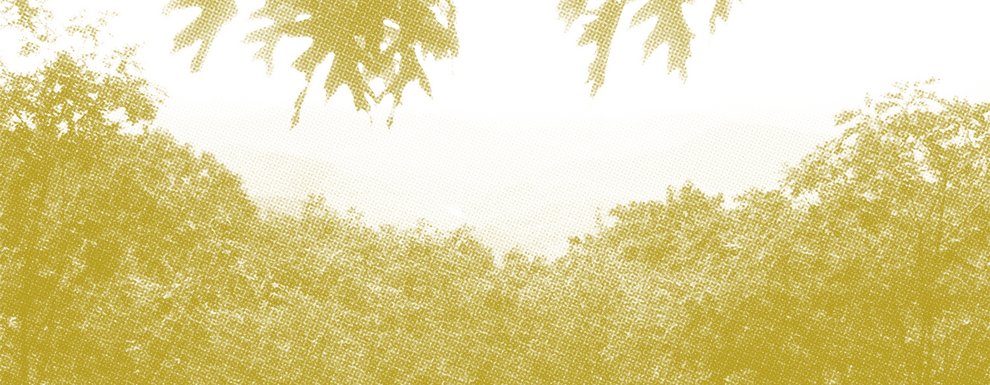Femmes, violence et sortie de la violence : une approche genrée

Working paper de Najwa Adra, Nadje Al-Ali, Sana Farhat, Danièle Joly, Pénélope Larzillière et Nicola Pratt
Ce rapport propose une perspective genrée pour comprendre la violence et comment en sortir. Il souligne l’importance d’une étude incluant à la fois la sphère privée et publique, ainsi que la violence genrée où qu’elle se produise. Ces différents types de violence sont liés à travers le prisme du genre et leur analyse fait appel au concept de continuum de violence. Une approche genrée insiste aussi sur la nécessité de répondre à l’injustice sociale et aux inégalités structurelles en général : mettre fin à la violence genrée, garantir un accès égal des femmes aux ressources et lutter contre toutes les formes d’inégalité, d’oppression et d’exploitation. Ce rapport met en lumière des exemples de femmes qui sont des actrices sociales de plein droit et se sont activement engagées pour éliminer la violence et l’injustice au niveau régional, local, national et international.
Découvrez le working paper sur Omnibook ou télécharger le document sur HALSHS
Les auteures
Najwa Adra is a cultural anthropologist with over 30 years of academic field research and expe-rience in international development. Her doctoral dissertation, Qabyala: The Tribal Concept in Yemen’s Central Highlands, examined the emic bases of tribal organization and identity in Yemen. In development, she has worked on diverse projects including women’s roles in agricul-ture, adult literacy, reproductive health, linkages between informal and formal legal systems, and intangible heritage. She is currently affiliated with the School of Social Science, Institute for Advanced Study in Princeton, New Jersey and is finalizing her book, Tribal Dynamics and Nation Building in Yemen.
Nadje Al-Ali is Robert Family Professor of International Studies and Professor of Anthropology and Middle East Studies at Brown University. Her main research interests revolve around feminist activism and gendered mobilization, mainly with reference to Iraq, Egypt, Lebanon, Turkey and the Kurdish political movement. Her publications include What kind of Liberation? Women and the Occupation of Iraq (2009, University of California Press, co-authored with Nicola Pratt); Women and War in the Middle East: Transnational Perspectives (Zed Books, 2009, co-edited with Nicola Pratt); Iraqi Women: Untold Stories from 1948 to the Present (2007, Zed Books), and Gender, Governance & Islam (University of Edinburgh Press, 2019, (coedited with Deniz Kandiyoti and Kathryn Spellman Poots)).
Sana Farhat est journaliste, enseignante du second degré et doctorante en sociologie rattachée au Centre d’Études des Sciences sociales du Religieux : Césor. Ses sujets de travail sont axés sur les questions des Femmes en Tunisie et la mobilisation dans la lutte contre la violence et l’extrémisme violent.
Danièle Joly est Professeure Emérite au Département de Sociologie à l’université de Warwick et chercheure associée au Collège d’études mondiales (MSH-Paris). Elle a dirigé plusieurs programmes de recherche internationaux. Ses recherches ont donné lieu à de nombreuses publications sur les musulmans en Europe, les questions d’intégration, les réfugiés et la politique d’asile en Europe, et sur les femmes de pays à majorité musulmane en Europe et les femmes au Kurdistan d’Irak. Son livre Muslim women and Power (Palgrave macMillan), co-auteure Khursheed Wadia, a gagné le prix WJM Mackenzie, du meilleur livre de l’année en sciences politiques 2017-2018. Publié en français sous le titre, La participation civique et politique des femmes de culture musulmane (PUL).
Pénélope Larzillière is a social scientist, research fellow at the Institute for Research on Development (CEPED-Université Paris Descartes/IRD). Her research focuses thematically on political commitment and activism, including extreme forms, and the circulation of narratives and ideologies. She also works on protest art, and currently leads a research program on circulations and art activism. Her books include Activism in Jordan (Zed Books, 2016) and To Be Young in Palestine (Balland, 2004). She has also co-edited the journal issues “Révolutions, contes-tations, indignations” (Socio, 2013), “Faut-il désoccidentaliser l’humanitaire” (Humanitaire, 2010) and “Musulmanes engagées. Expériences, assignations, mobilisations” (Socio, 2018). She sits on the steering committee of the Institut d'études de l'Islam et des sociétés du monde musulman (IISMM-EHESS).
Nicola Pratt is Reader in the Politics and International Studies Department, University of Warwick, UK. She teaches and researches on the international politics of the Middle East, with a particular interest in feminist approaches as well as ‘politics from below.’ She has written and co-edited a number of books on women, gender and the Middle East, including, What Kind of Liberation? Women and the Occupation of Iraq (with Nadje Al-Ali). Her forthcoming book is entitled, Embodying Geopolitics: Generations of Women’s Activism in Egypt, Jordan and Leba-non. She is also Vice President of the British Society for Middle Eastern Studies.
Le texte
Najwa Adra, Nadje Al-Ali, Sana Farhat, Danièle Joly, Pénélope Larzillière, Nicola Pratt, Women, violence and exiting from violence with a gendered approach: MENA region and diaspora, FMSH-WP-2020-143, march 2020.
Two Yemeni women activists in Sanaa during the Arab Spring

Se souvenir d'Humoresques

Sous les temps de l'équateur

Du préjugé


